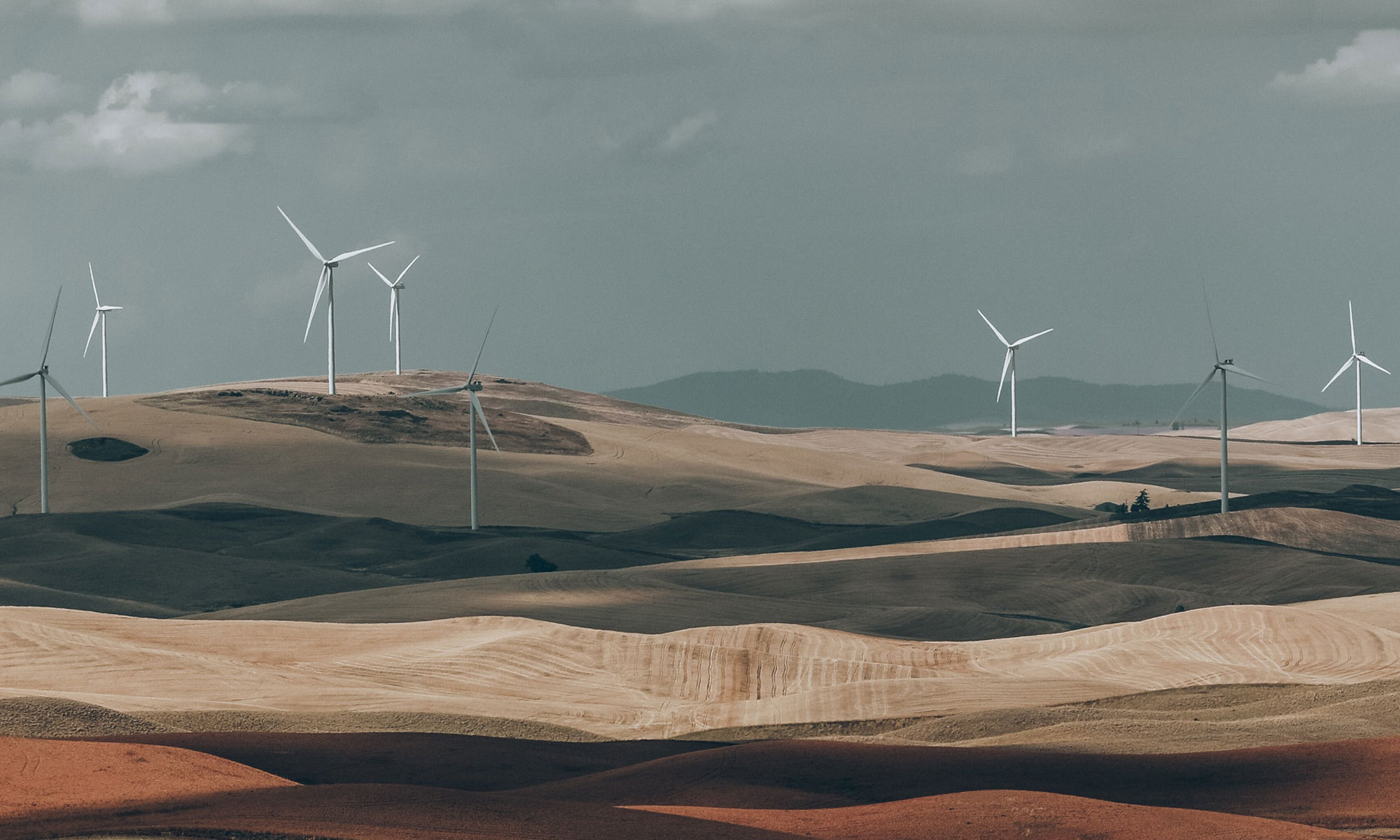Many New Zealanders are currently on the lookout for the Cheapest Power Prices in NZ. The includes both the cheapest NZ Electricity Companie...
Many New Zealanders are currently on the lookout for the Cheapest Power Prices in NZ. The includes both the cheapest NZ Electricity Companies and the cheapest NZ Gas Companies. New Zealand is currently in the grips of the highest levels of inflation in decades, and many everyday consumer goods and services are rocketing up in price.
Food, power and fuel are some of the many things that have substantially risen in price in New Zealand over the last year. They are predicted to rise even further over the next year, putting more and more financial pressure onto New Zealanders. Low electricity users who are on a lower daily rate are especially affected, due the the removal of the low user daily charges. This means that in many cases, their prices are increasing on top of the normal unit rate electricity increases. This is discussed in more depth below.
Rising electricity and gas prices mean that for many New Zealanders, their cost of living is increasing substantially, even though their wages may have remained the same for years. So more and more people are now shopping around for the cheapest power prices in NZ. People are also looking for a signup bonus when they switch to a new provider.
Now has never been a better time to shop around for the best value power suppliers. New Zealanders should regularly check whether they are getting the best deal for their electricity and gas supplies. We suggest at least once a year. NZ consumers can easily check by using the NZ PowerSwitch website at www.powerswitch.org.nz.
Removal of the Low User Daily Fixed Charges
Approximately 60% of New Zealand residential power users are on the Low User Daily fixed charge rate. So these low electricity pay about 30 cents +GST per day for their electricity connection. This is the fee that electricity companies charge their customers just to have the electricity connected to the electricity grid, and doesn't include any power usage.
Lower power users pay a higher KW rate for their power than users on the standard fixed daily rate. So it is important they make sure they have the cheapest power prices and are not paying too much.
The government decided to phase out Low User Daily Fixed Charges, as their believed the current system was unfair for those higher power users who were on the standard daily charge. They believe that people paying the standard daily rate are subsidizing those users on the low rate.
The phasing out of this low user daily fixed charge is occurring over about 5 years, and after 5 years it will likely cease to . This means the for many low electricity users, their monthly bill could go up substantially over the next few years on top of any electricity usage charges. Even if they are on some of the Cheapest Power Prices in NZ. This will affect the lowest income people the most. The current system incentivizes people to reduce their power usage and save power.
We hope to see the government review these changes, and see that there is a place for it. Especially with the very high inflation at the moment in New Zealand. High inflation affects low income people the most, which will include many on these Low User Daily Fixed charges.
Electricity is very important to New Zealand's Future
New Zealand's vehicle fleet is slowly moving away from fossil fuels, towards green energy sources, including electricity. Many people have now started to investigate buying, or have already purchased an EV (electric vehicle). One reason for this is due to the rapid increase in fossil fuel prices in 2022, where electricity hasn't risen anywhere near as much. You can also travel a lot further per dollar with electricity, than you can with fossil fuels, so the running costs with electricity are a lot less. Many EV users do want to make sure they are on the cheapest power prices in NZ to reduce their costs even more.
EV technology has also improved a lot in the last few years, as more and more vehicle manufacturers offer good electric vehicle options. These will only improve in the coming years and prices should drop as a result. However overtime, the increasing number of EVs in NZ is going to put more and more pressure onto New Zealand's current electricity generating assets. More electricity generation is going to be needed overtime in New Zealand, as New Zealand's electricity demands increase. Encouraging people to reduce and be smarter about their electricity usage today all helps to delay or reduce the new generation requirements.

















COMMENTS